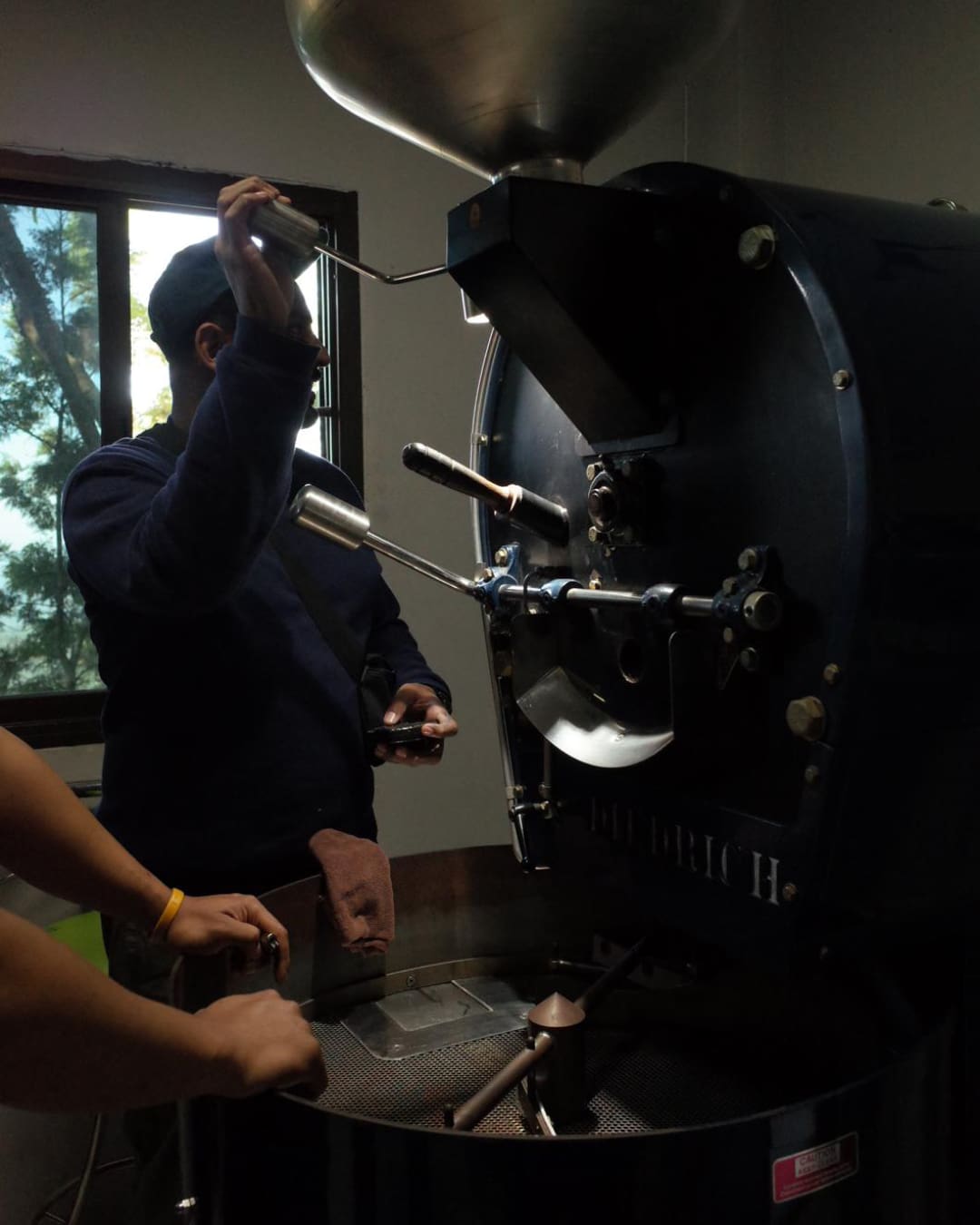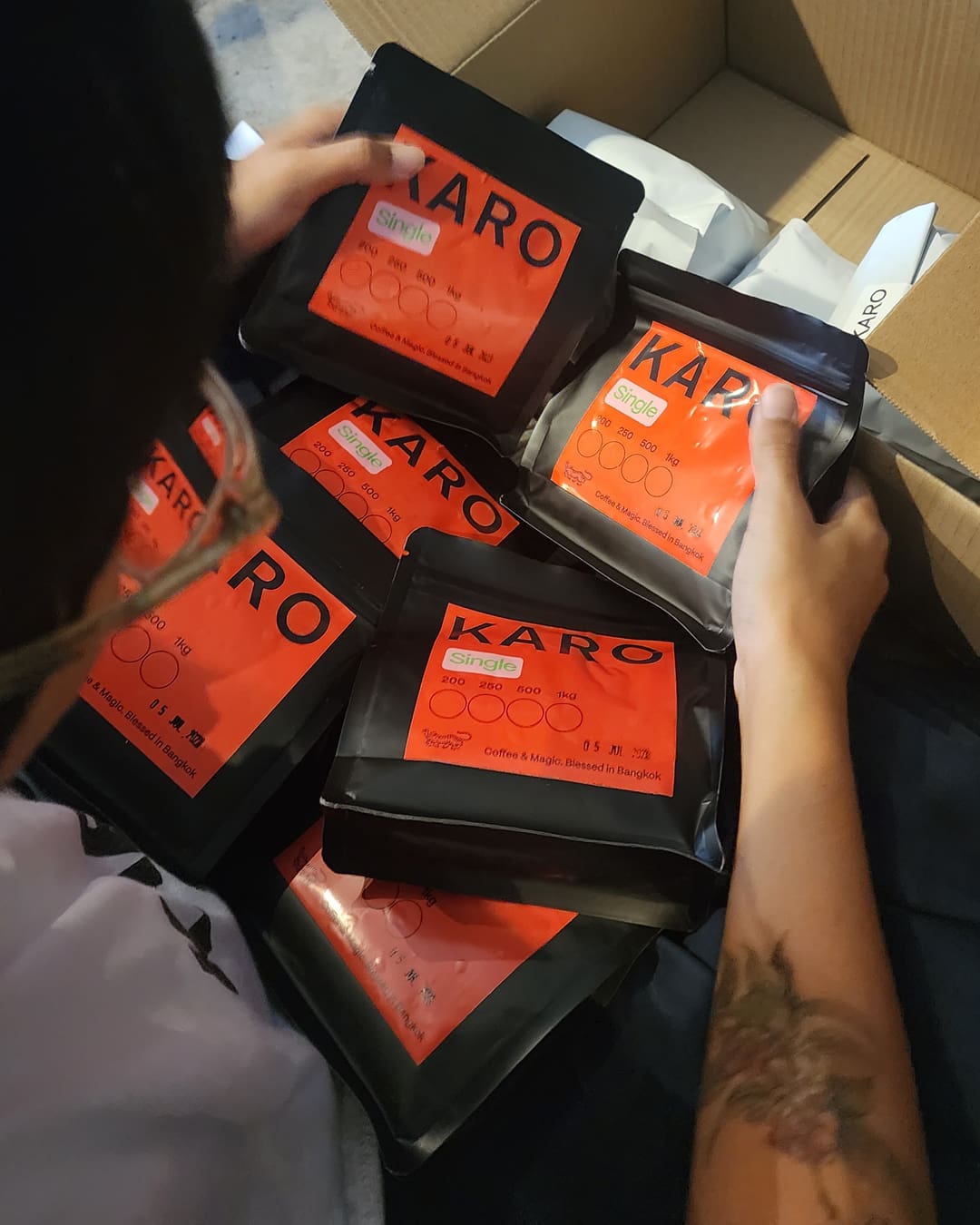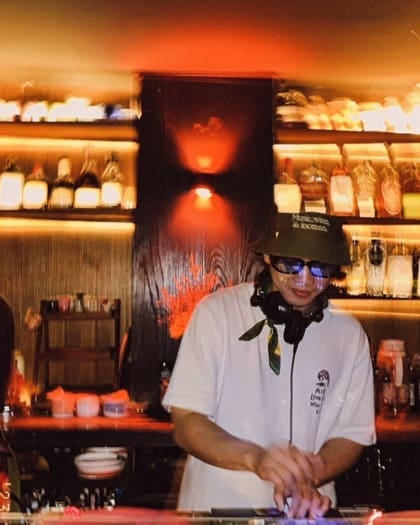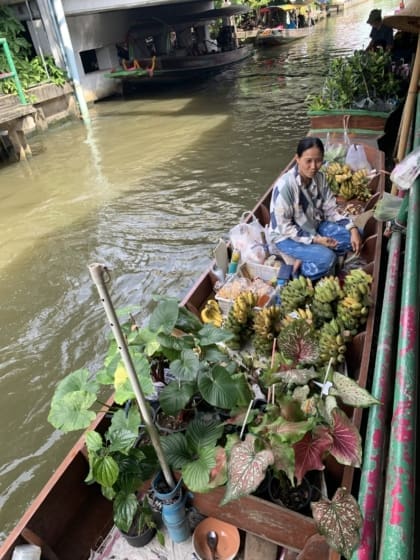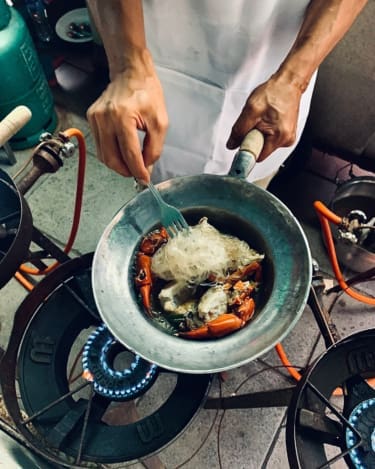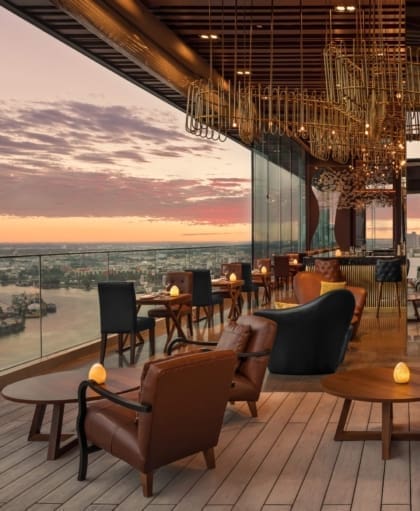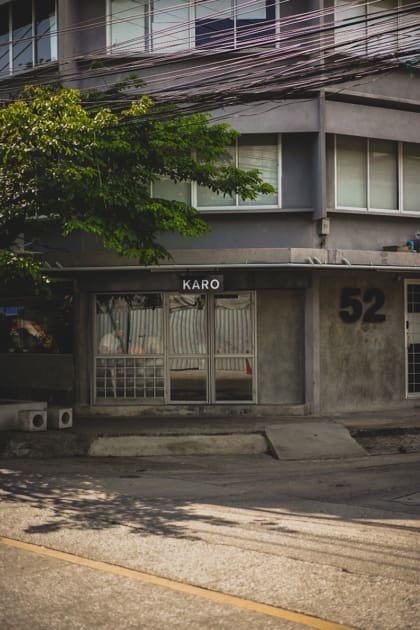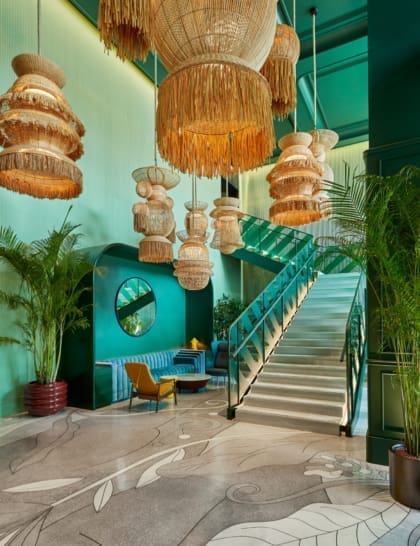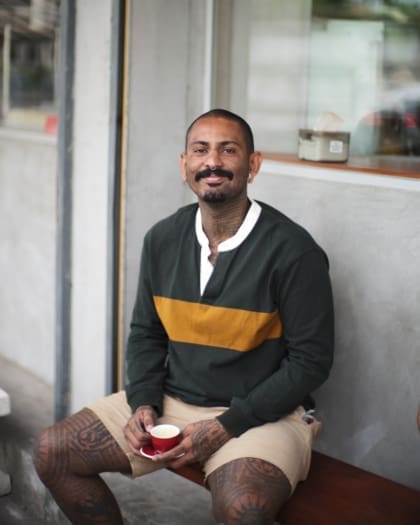
Entrepreneur Karo Iyash on creating a community and championing coffee culture in Bangkok
Sri Lankan-born cafe founder Karo Iyash on tackling addiction, creating a community in Bangkok and the city he predicts will become the coffee capital of the world in five years time
Bangkok’s thriving coffee scene is alive with enthusiasm and innovation, with baristas, roasters and growers continuing to push boundaries as they get a better grasp of working with local green beans. In 2018, after moving from the Maldives to Bangkok to escape bad luck and addiction issues, Sri Lankan-born Karo Iyash opened Karo Coffee Roasters on a leafy backstreet in the emerging neighbourhood of Phra Khanong Nuea.
“I was sick and tired of being sick and tired,” says Iyash. “I wanted to be cleaner. I wanted to have a life that everybody else had. It took me years to get there, but deep down I knew I couldn’t keep going that way. That is one of the reasons Karo is what it is: I had nothing to lose anymore.”
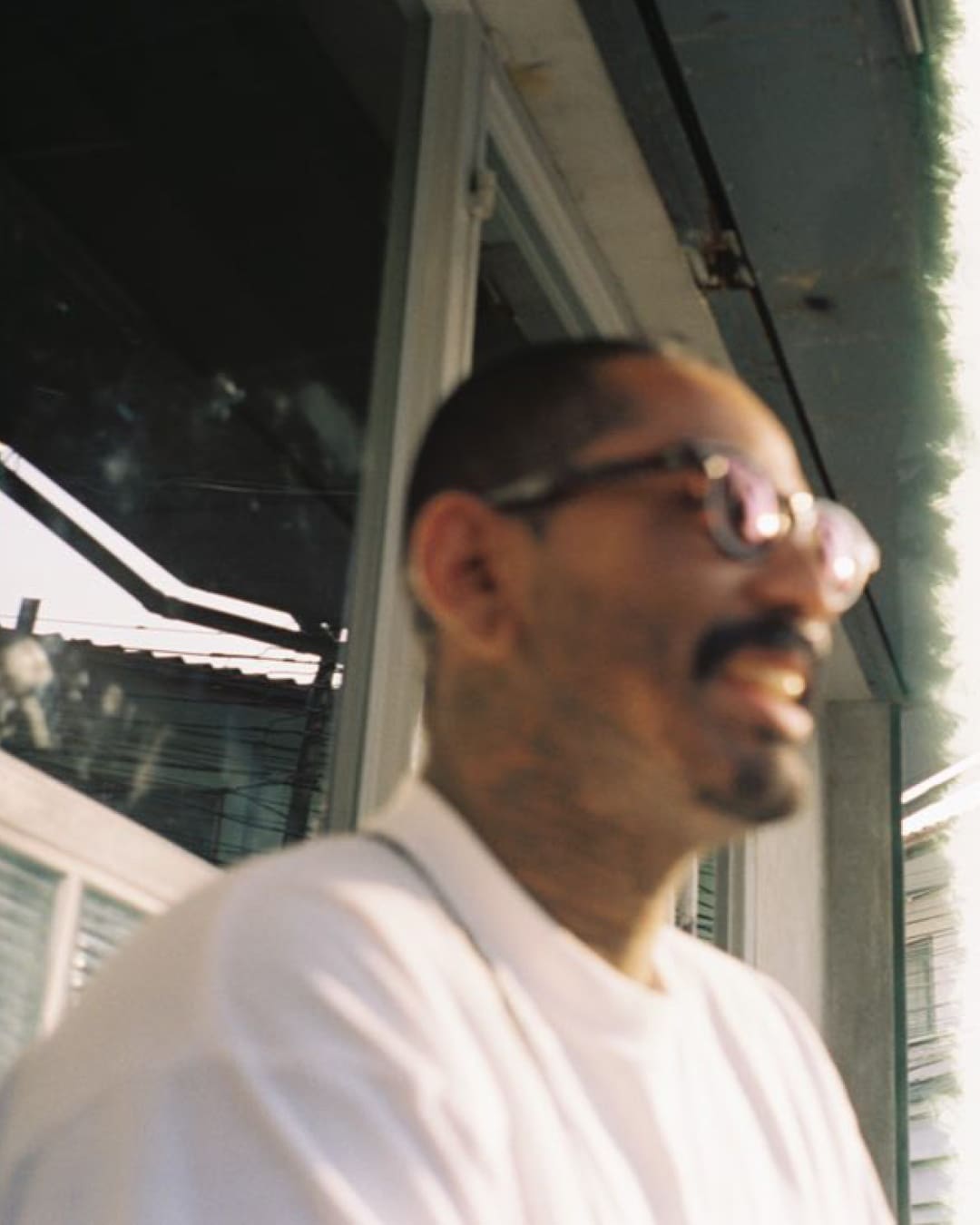
Both barista and proprietor of the coffee shop, and a roaster (which he does off-site), Iyash can usually be found hanging out with his growing number of regulars. He roasts coffee for a small number of other clients and, in 2022, moved the cafe to a larger location on a nearby corner. In doing so, he has created a real sense of community where customers are warmly welcomed, the vibe is social and the experience is so much more than the coffee alone. “It’s not a coffee shop, this is a lifestyle,” he says. “Everybody can do a coffee shop. It’s easy.”
Iyash’s staff are some of the happiest and most engaging in Bangkok – something visible in their care for every customer. “I give them freedom,” he says. “I put people in places where they can grow. Not everybody is good at everything. It’s like a plant you’re watering, if you put it directly in the sun it gets burnt and if you water it too much it dies. I try to find where they’re best suited.”
The cafe serves three espresso roasts and an ever-changing list of filters from countries including Nepal, Thailand, Ethiopia and more to come from Sri Lanka. Iyash describes his cafe as a “speakeasy” – although not in the traditional sense. “I don’t focus on the coffee people. I focus on the everyday drinker. Coffee is a simple language – everybody should understand it.”
Iyash’s partner Ice runs the kitchen, which serves toasted sandwiches and burgers. They also sell bakery treats and pantry items like handcrafted Thai chocolate, sliced bread, organic milk and local craft beers. In true community spirit, there’s even artisanal ice cream for dogs.
If not sipping coffee at his own shop, you can find Iyash at As.is cafe in Bangkok’s Chinatown. “I don’t go for the coffee, I go for the comfort. I can just relax. It’s quiet,” he says.
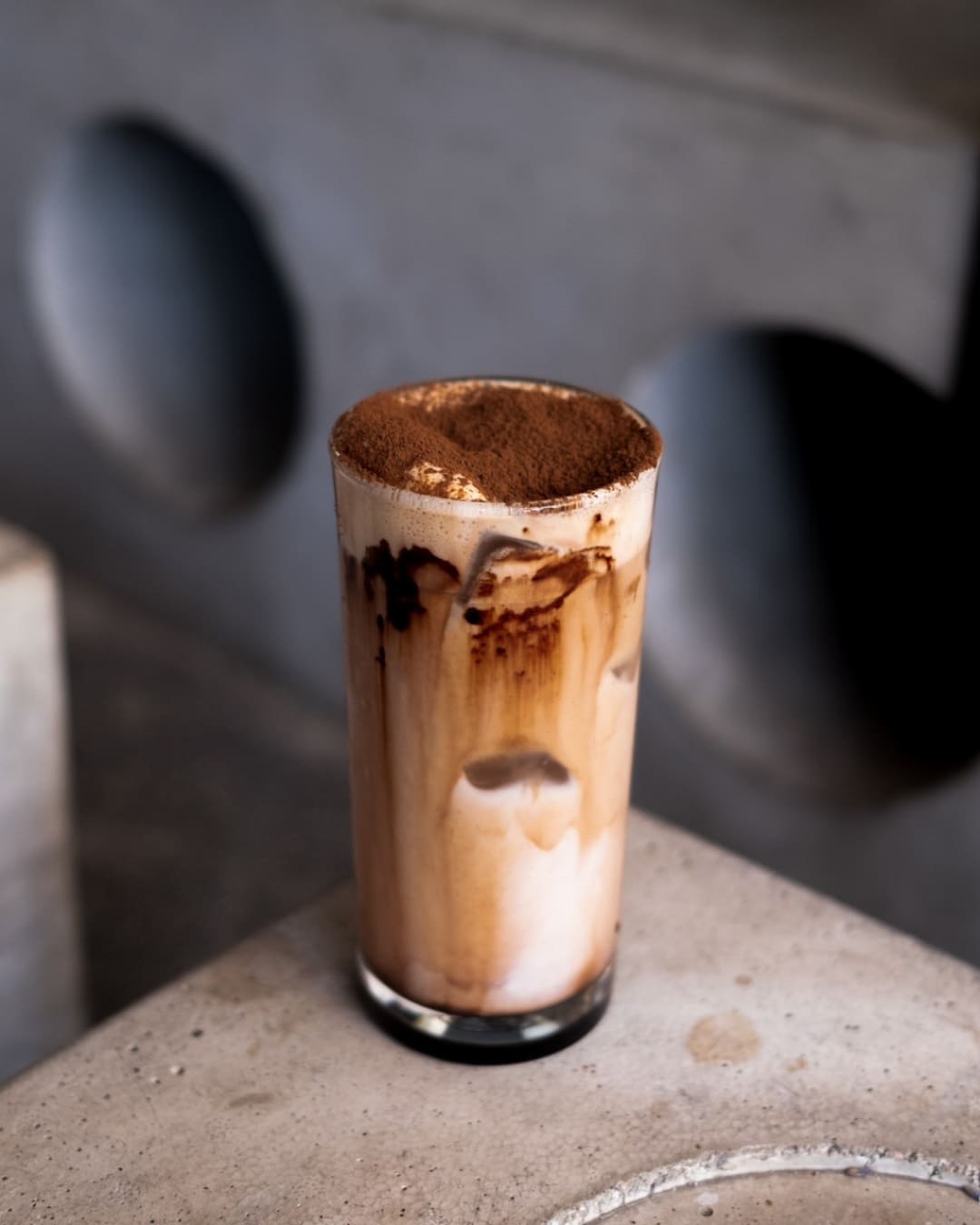
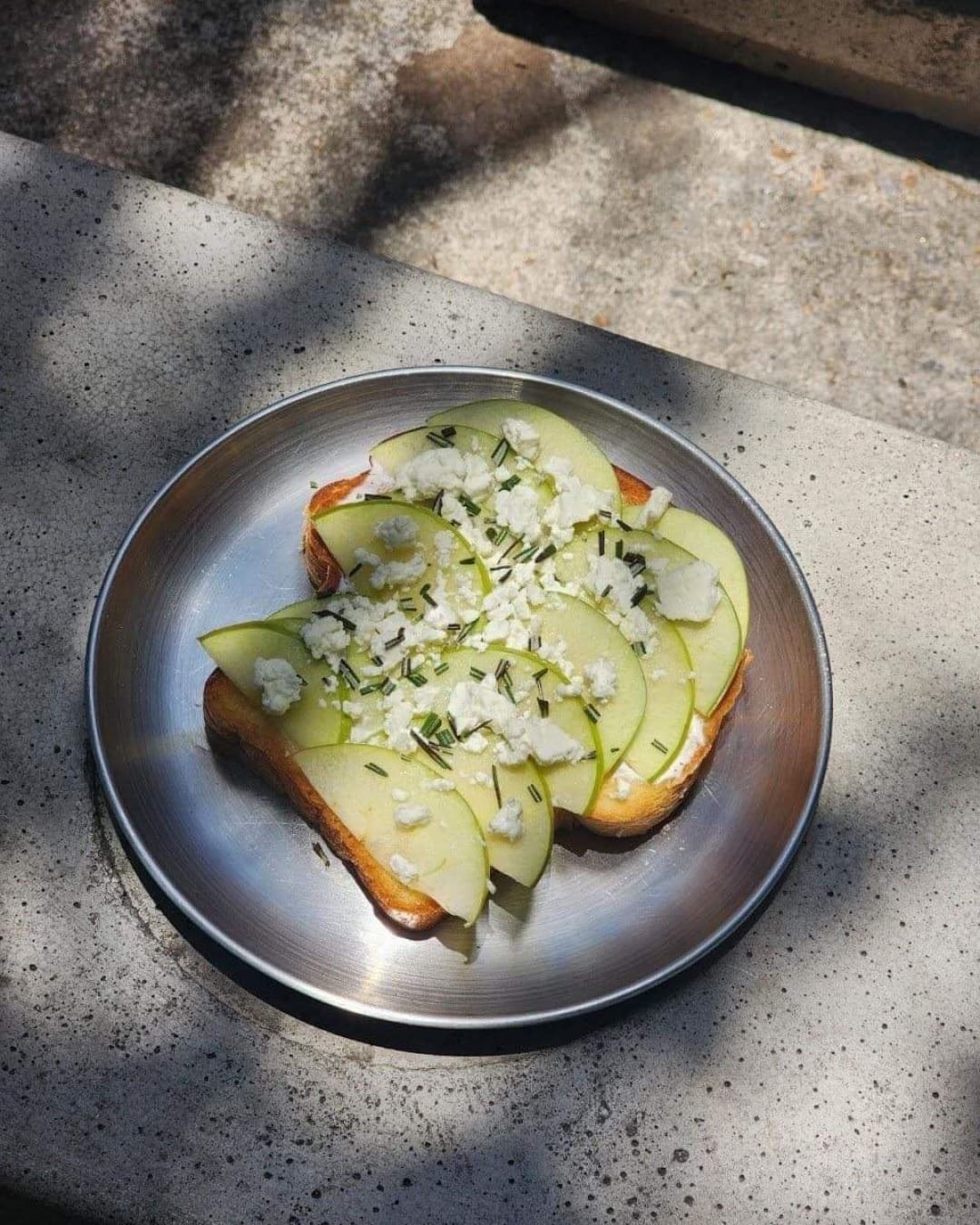
Karo was born in the city of Kandy in central Sri Lanka before moving to the Maldives with his father as an eight-year-old after his parents separated. Addiction brought Karo to Bangkok in 2015, to recover and get clean – he is now closing in on nine years of sobriety.
The same year he got his first sak yant – an ancient and spiritual Buddhist tattoo associated with protection and luck and said to bestow the recipient with supernatural powers. His body is now covered in them, having been inked by monks in Chiang Mai, Ayutthaya and practitioners in Bangkok’s Onnut sub-district. It’s fitting that the cafe’s logo is a yant sua hua kaad (sacred depiction of a headless tiger), representing strength, power, fearlessness and a ridder of ward against bad influence and spirits.
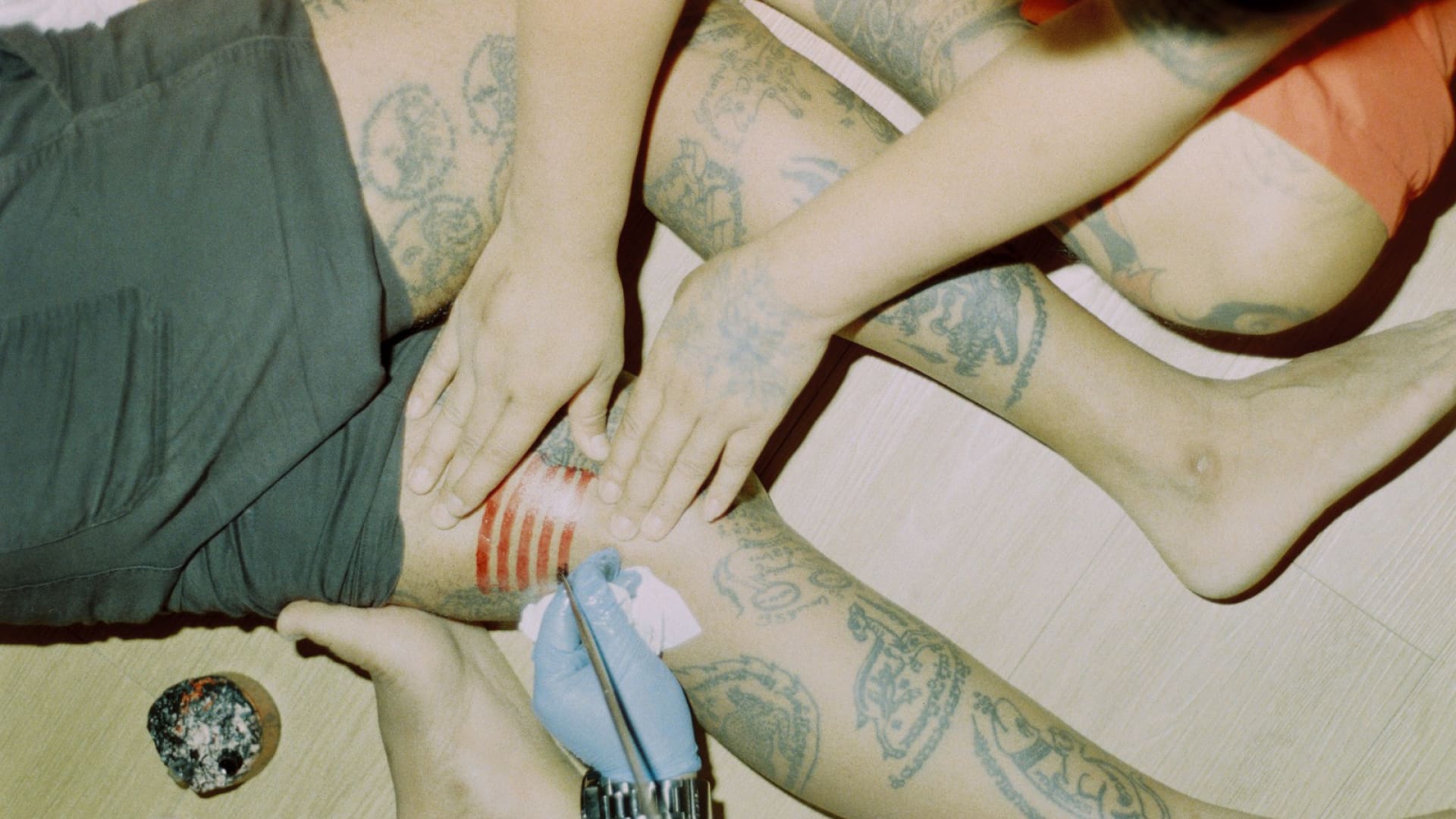
Why coffee? “You get to meet people,” he explains. “I wanted to do psychology, but I think coffee offers its own way of meeting people, talking to people, figuring out what their problems are,” says Iyash, who recalls being blown away by the intense flavours of coffee at the age of two, thinking it was chocolate. He started drinking coffee as a young boy, and now drinks four to five black coffees a day.
He had little background in coffee and hospitality before opening the cafe. He studied and put time into learning about coffee, thereby creating his own path. His father lives in the Maldives and supported him financially. “He is the one that laid the groundwork for me. We’re very close,” says Karo.
Karo is passionate about establishing direct relationships with farmers and bettering their lives. Previously he visited farms just to buy coffee. He now wants them to grow as a business – to set up a company and do it right. He believes in looking at the back story, making sure it’s ethical and educating farmers to ensure processes are environmentally safe and sustainable.
When asked about the city’s love affair with weird and wonderful coffee-based drinks, Iyash replies: “I think it’s a bit too much.” Having said that, it doesn’t stop his team from experimenting and serving a range of innovative drinks, like their signature ‘dirty flower’ – a dirty coffee (a mix of cold milk, cream and espresso) with homemade lavender syrup.
Karo believes Bangkok’s coffee reputation is growing. “In the next five years, it’s going to be the coffee capital of the world. I actually believe that,” he says.
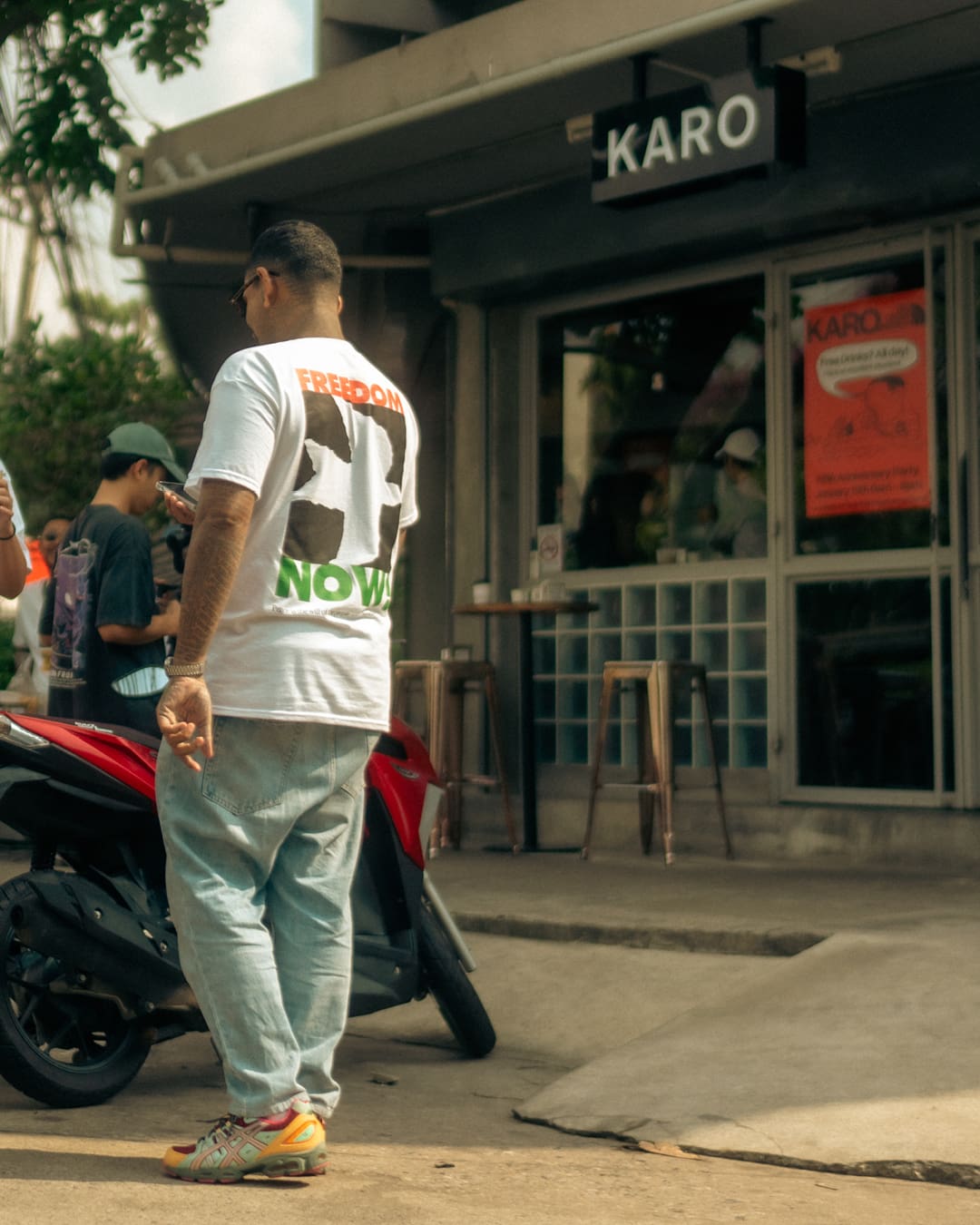
It’s no surprise that he has a second cafe slated to open later in 2024 in Bangkok’s downtown Sathon, and has recently opened a container stand in the hip neighbourhood of Thonglor – a stripped-down version serving coffee and hot pressed sandwiches with four to six seats.
Iyash is also considering Chiang Mai, Phuket and other cities. This means we may see less of the man at the original venue. “I will definitely hang out at all cafes,” he admits. “Also, it’s an excuse to travel.” And there’s a beautiful thought of bringing it all full circle. “That is the goal – that I will take all this back to Sri Lanka.”
Has coffee been a saviour to Iyash? “Not in terms of addiction, but in terms of life,” he says. “It gave me a purpose. It opened the doors to all these great things. I help people. I am around them. It helps you get to your dreams.”
